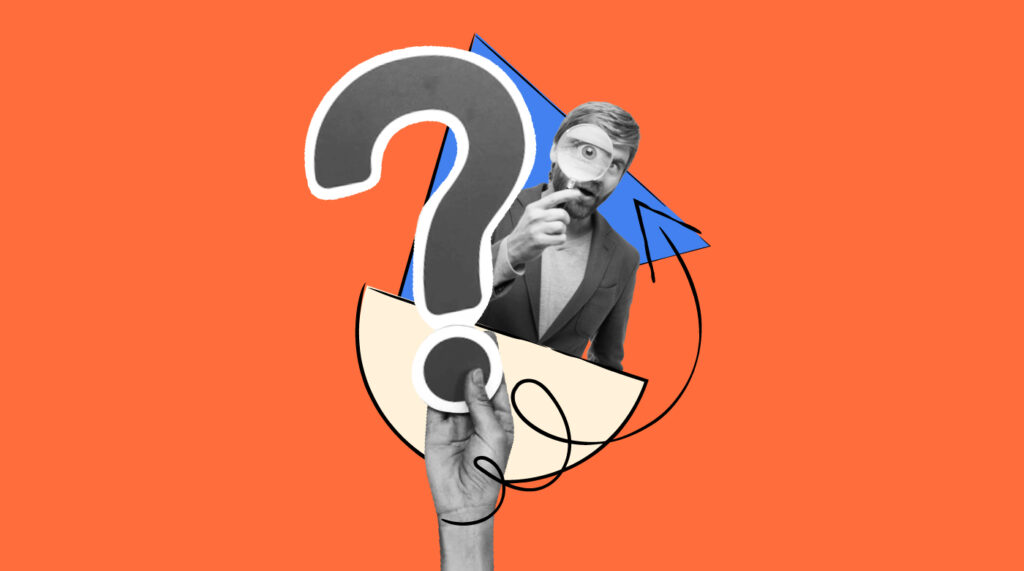Believe it or not, I have been asked this question, and it's a relevant question because sometimes the work we do isn’t the most enjoyable. Organizations and indeed employment are very central to our lives, and they have an incredible impact both positively and negatively on our health and our general well being. The dramatic impacts of bullying in the workplace, and the well-documented effects of long term unemployment, are two very powerful examples of the negative impacts around organizations and employment. While positive impacts include a sense of belonging, the friendships we make in the workplace, and the sense of achievement we get from what we do. So I think most of us would agree that employment can strongly impact on our sense of self and our general happiness, indeed studies have shown that while employers might worry about employees bringing their problems to work, work actually has a far greater impact on our home lives than our home lives do on work.
If you’re still with me, keep going I’m very close to answering why I’m in HR. So leading up to finishing my Psychology degree I had a number of options in terms of postgraduate study. The school I went to had a very good Clinical Psych program, and its an area of Psychology that does an enormous amount of good – indeed I know people who are with us today, because of the assistance they received from Clinical Psychologists. My choice though was to pursue further studies in Organizational Psychology, which led to a career in HR, and this is the background. My feeling is that many people exist just above the line between having good and poor mental health, and as a result, don’t get assistance from Clinical Psychologists or other practitioners that would perhaps make a meaningful change in their overall mental health. As I talk about above, employment is an area that can make people quite miserable, but often not miserable enough to warrant one to one professional assistance.
So why am I in HR. Because maybe, just maybe, if I do my job well. If I contribute towards making a positive employment environment, then maybe someone has a happier live. Maybe that someone doesn’t go home and beat up their partner, or doesn’t develop a drinking problem, or get into fights at the local pub, maybe their kids have a great mum or dad who isn’t stressed and overworked. I’ll be the first to admit there are a lot of maybes in all this. But, that’s my reason for being in HR.

